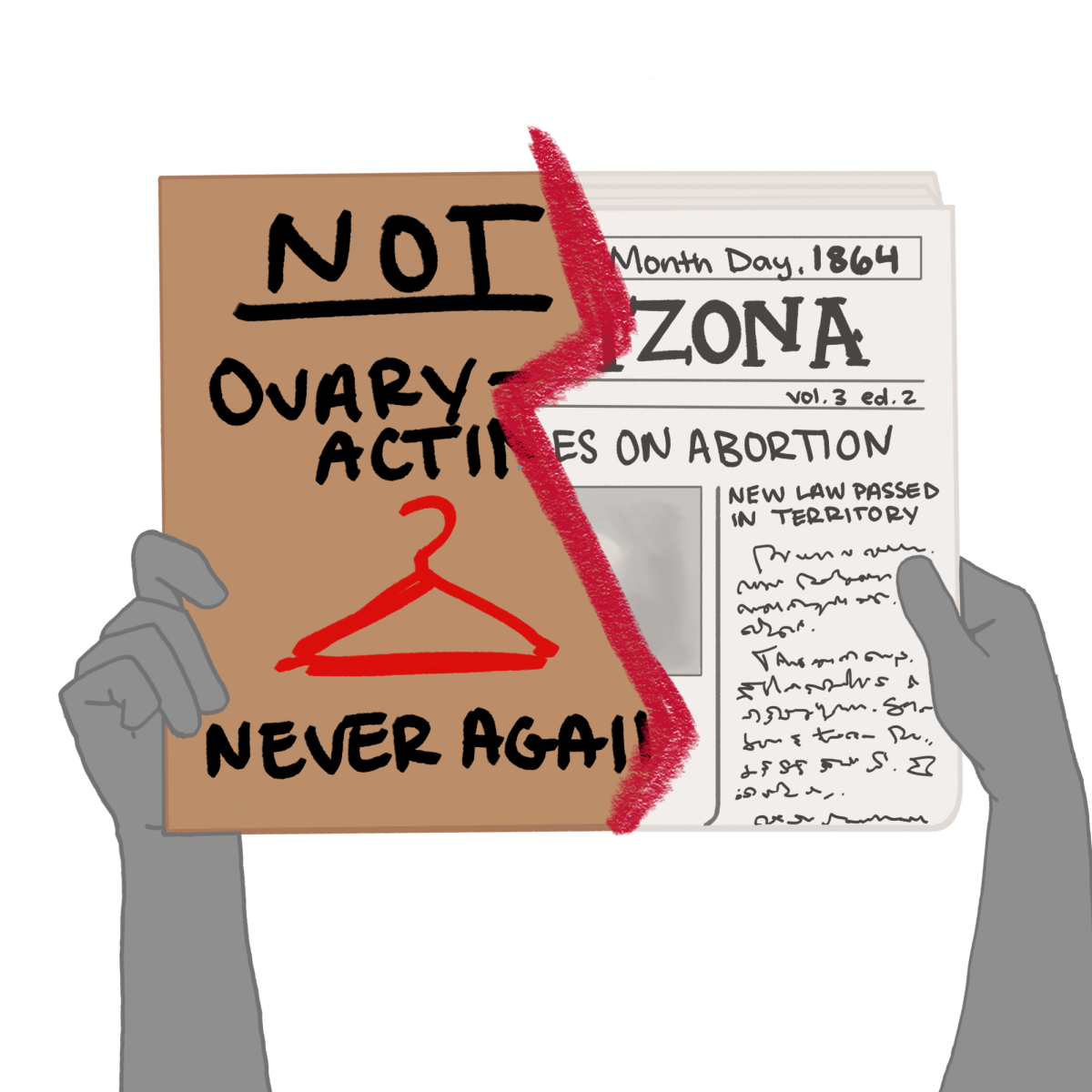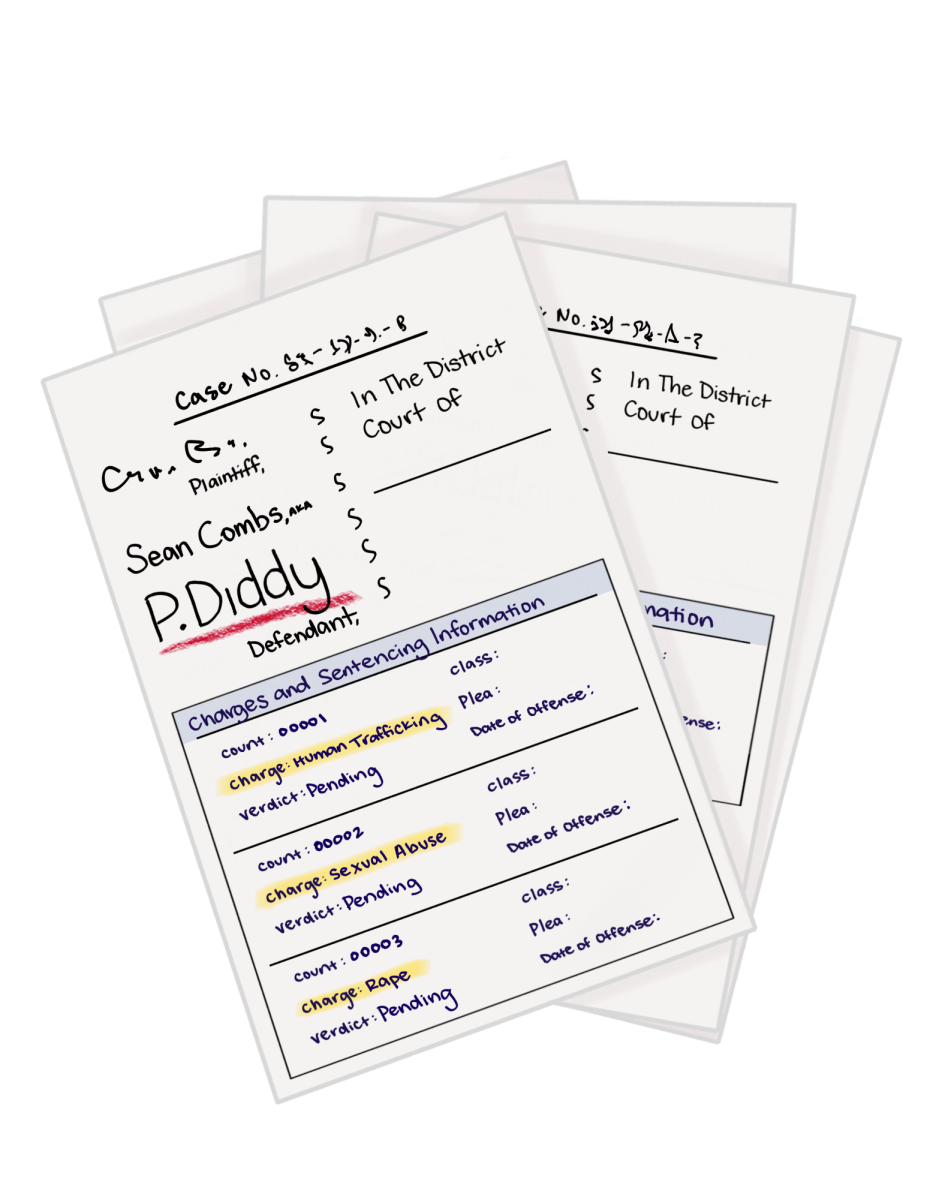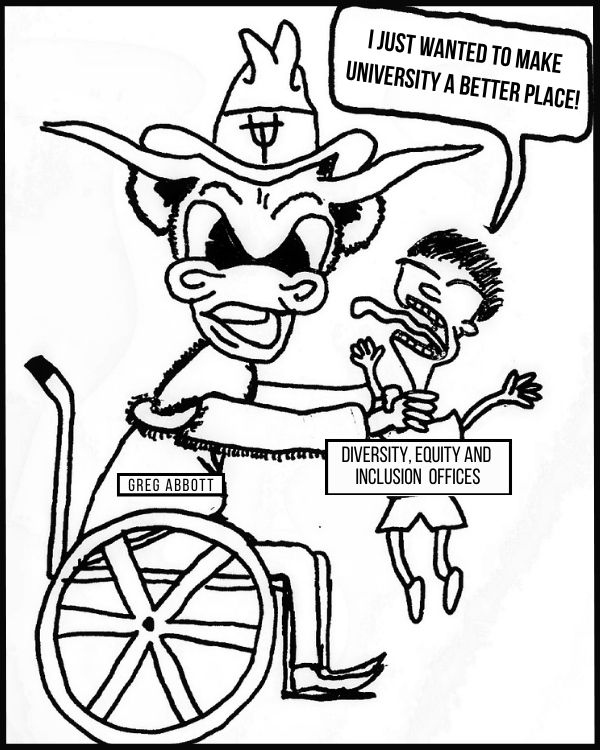Unlike VCRs, beepers or frosted tips, social media is one trend that is here to stay. From maintaining familial connections to applying for jobs to reading the morning news, social media is increasingly becoming an integral part of people’s daily lives.
As such, debates about freedom of speech on social media are becoming prominent. The case of Elonis v. the United States, which is currently before the U.S. Supreme Court, hopes to set a precedent for what constitutes a threat on sites such as Facebook.
After undergoing a divorce and losing custody of his two children, Anthony Elonis took to Facebook to vent his frustrations. His ex-wife soon filed a restraining order against him after reading threatening Facebook messages, but his threats continued.
Elonis was eventually charged with five counts of interstate communication of illegal threats and sentenced to 44 months in prison. His case, however, has been appealed all the way to the Supreme Court.
According to Elonis, he was simply exercising his freedom of speech rights. He likened his Facebook posts and messages to an Eminem rap song in which the rapper fantasizes about killing his ex-wife.
The Facebook messages reveal a more sinister intention beyond therapeutic expression. One of Elonis’ most violent posts reads: “There’s one way to love ya, but a thousand ways to kill ya. And I’m not going to rest until you body is a mess, soaked in blood…”
Surely Elonis’ ex-wife didn’t read this as harmless artistic expression. Elonis went on to post other messages threatening to shoot his ex-wife and children.
The Supreme Court, which is not expected to reach a decision until this summer, will debate not only whether these messages can be interpreted as threatening, but also if Elonis intended to incite fear.
Those who do not believe Elonis should be charged with making threats are not necessarily Elonis sympathizers, but argue that condemning his comments could have larger implications for free speech rights and artistic expression.
As a journalist, it’s difficult to not instinctually side with freedom of speech rights, but Elonis was clearly targeting his ex-wife’s well-being.
While forums like Facebook have the potential to foster important discourse among peers, more often those who comment turn to petty aggression, and some serial commenters, perhaps empowered by their anonymity, take advantage of every opportunity to bully strangers.
I have personally experienced these online attacks on Twitter and Facebook. Often I tweet my political opinion and occasionally receive anonymous threats from men I have never met who are desperate for a confidence boost. Had I personal relationships with these strangers, like Elonis’ ex-wife, I might have pressed charges, but thankfully I know these are empty— albeit unwarranted— threats.
Behind every keyboard sits a person. Shouldn’t we hold those people who make threats accountable for their actions? If a threat isn’t tolerated in person, it shouldn’t be tolerated on a forum that has become such a fundamental part of our lives.

















